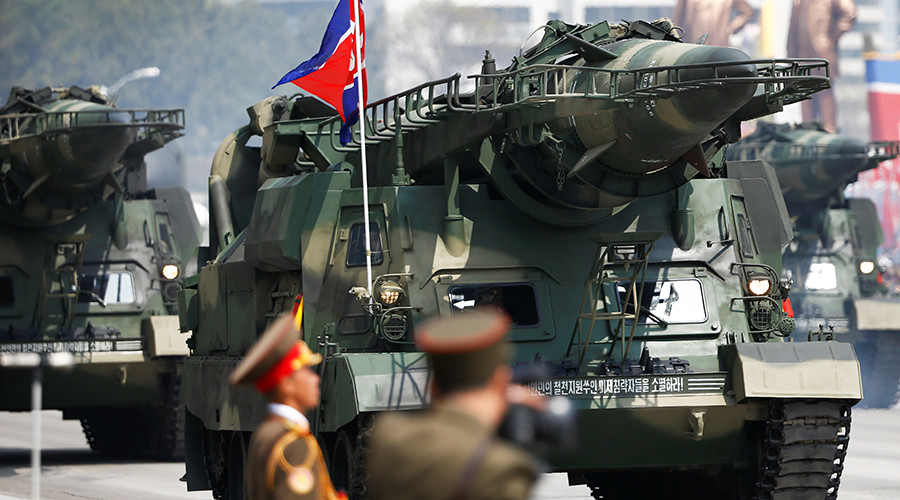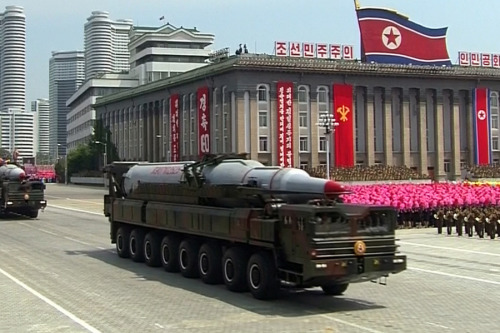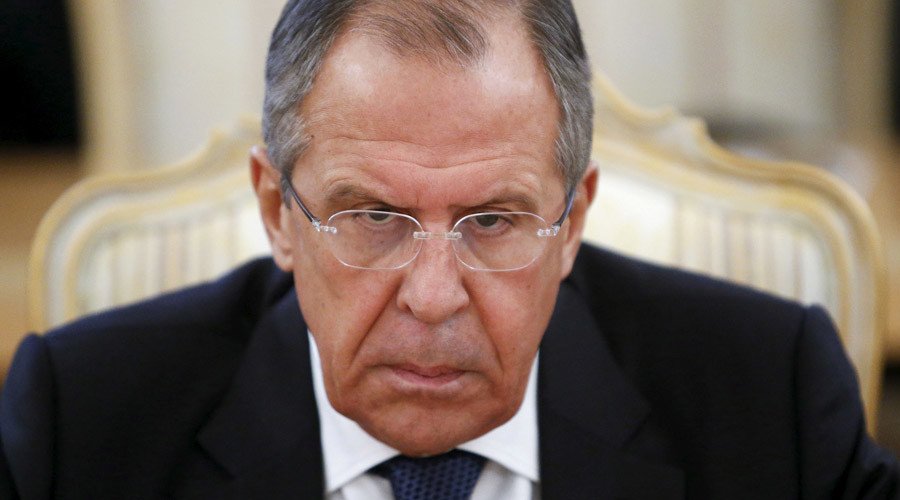Trump says China could have hacked Democratic emails
President Donald Trump said China may have hacked the emails of Democratic officials to meddle with the 2016 presidential election, countering the view of U.S. intelligence officials who have said Moscow orchestrated the hacks.
In an interview transcript published on Sunday, Trump gave no evidence backing his allegation, first made on the eve of the Nov. 8 presidential election, that China could have hacked the emails of his rivals.
"If you don't catch a hacker, okay, in the act, it's very hard to say who did the hacking," the president said in an interview with CBS "Face the Nation." "(It) could have been China, could have been a lot of different groups."
The hackers roiled the presidential campaign by making public embarrassing emails sent by Democratic operatives and aides to Democratic presidential candidate Hillary Clinton. One email showed party leaders favoring Clinton over her rival in the campaign for the party's internal nomination contest.
In an interview transcript published on Sunday, Trump gave no evidence backing his allegation, first made on the eve of the Nov. 8 presidential election, that China could have hacked the emails of his rivals.
"If you don't catch a hacker, okay, in the act, it's very hard to say who did the hacking," the president said in an interview with CBS "Face the Nation." "(It) could have been China, could have been a lot of different groups."
The hackers roiled the presidential campaign by making public embarrassing emails sent by Democratic operatives and aides to Democratic presidential candidate Hillary Clinton. One email showed party leaders favoring Clinton over her rival in the campaign for the party's internal nomination contest.





















